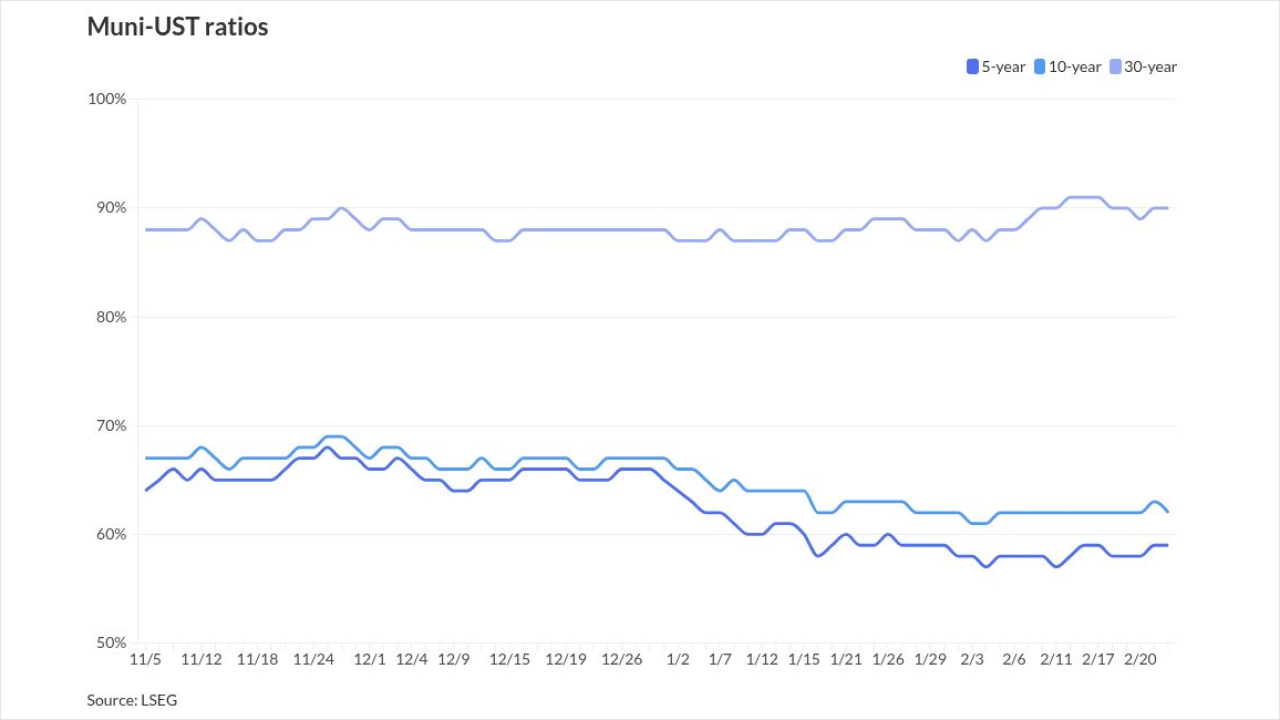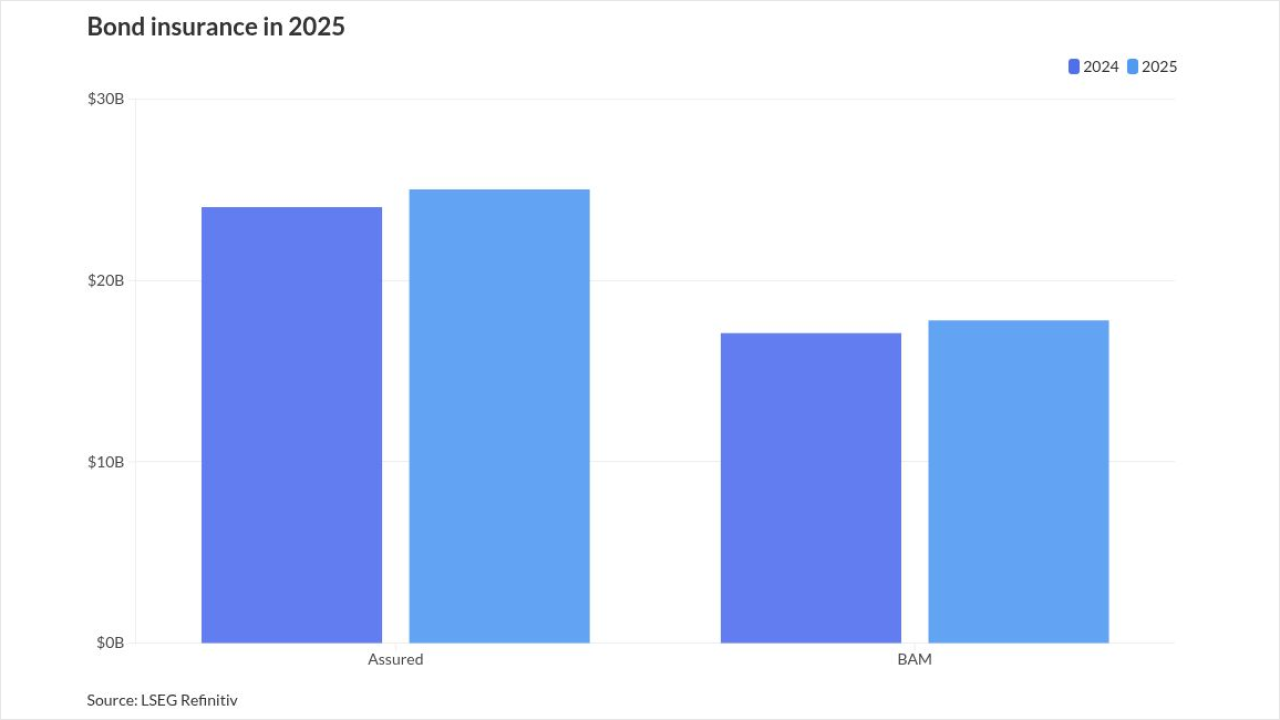CHICAGO - Local governments in Michigan would have the ability to sell bonds without voter approval to establish trusts that would be used to finance their accrued retiree health-care benefits under a package of bills that the House passed last week and is now pending in a Senate committee.
Under the three-bill package, municipalities could issue revenue or limited-tax general obligation bonds to finance up to 75% of their unfunded accrued other post-employee benefits liabilities. Bond proceeds would be used to set up an irrevocable health-care trust fund to cover the cost of annual payments.
"We think we need to give a tool to local governments to deal with their OPEB liabilities," said Rep. Mark Meadows, D-Ingham County, a chief sponsor of the bills. "This isn't going to work for all communities, but it should be available for some, and they've been very supportive of it."
A municipality would not need to obtain voter approval but would need to be rated A or higher to sell the bonds. As well, the government would need to provide financial reports showing that projected investment earnings on the trust would be at least 1% higher than projected interest rates on the bonds.
The Democratic-controlled House last week passed the measures by a largely partisan vote of 67 to 41. The legislation is now in the Republican-controlled Senate Appropriations Committee. Republicans and Democrats are debating parts of the bill - largely whether or not it means a guarantee of future retiree health-care benefits - though both parties generally support giving local governments the ability to issue bonds to cover the costs.
The bills are modeled after a similar measure the Legislature passed in 2006 that would have allowed Oakland County to issue bonds to pay for its OPEB liability. The legislation was later vetoed by Gov. Jennifer Granholm because it only applied to Oakland County, according to Meadows. The following year the county issued $557 million in certificates of participation to fund its liability.
A fiscal analysis of the bills show that issuing tax-exempt revenue or general obligation bonds to fund OPEB liabilities would likely be more inexpensive than issuing COPs - and that both are cheaper than making annual contributions. For example, in 2008 debt service on Oakland County's COPs totaled about $46.4 million compared to an actuarially determined annual required contribution of $60.2 million, according to the House Fiscal Agency.
"Reportedly, a local unit's costs of issuing COPs (including direct issuance costs and interest costs) are higher than the costs of issuing a comparable amount in municipal bonds," fiscal analyst Mark Wolf wrote in a memo on the pending legislation.
A government could use bond proceeds to finance only up to 75% of its liability and would be required to show it had the necessary revenue for the remaining 25% before it could issue the bonds, according to Meadows. "It was a concern of some people that we would have some communities that might overextend themselves," he said.
It's expected that the Senate will pass its own version of the bill and the two chambers will hammer out differences in conference before the end of the session.
In a related measure, the House also recently passed a bill that allows the state to set up five trusts to deal with its own accrued OPEB liability, estimated at $23 billion. While Meadows said the state is unlikely to issue bonds to fund those trusts, he said lawmakers are beginning to work to identify a stable revenue source to fund the trusts.





